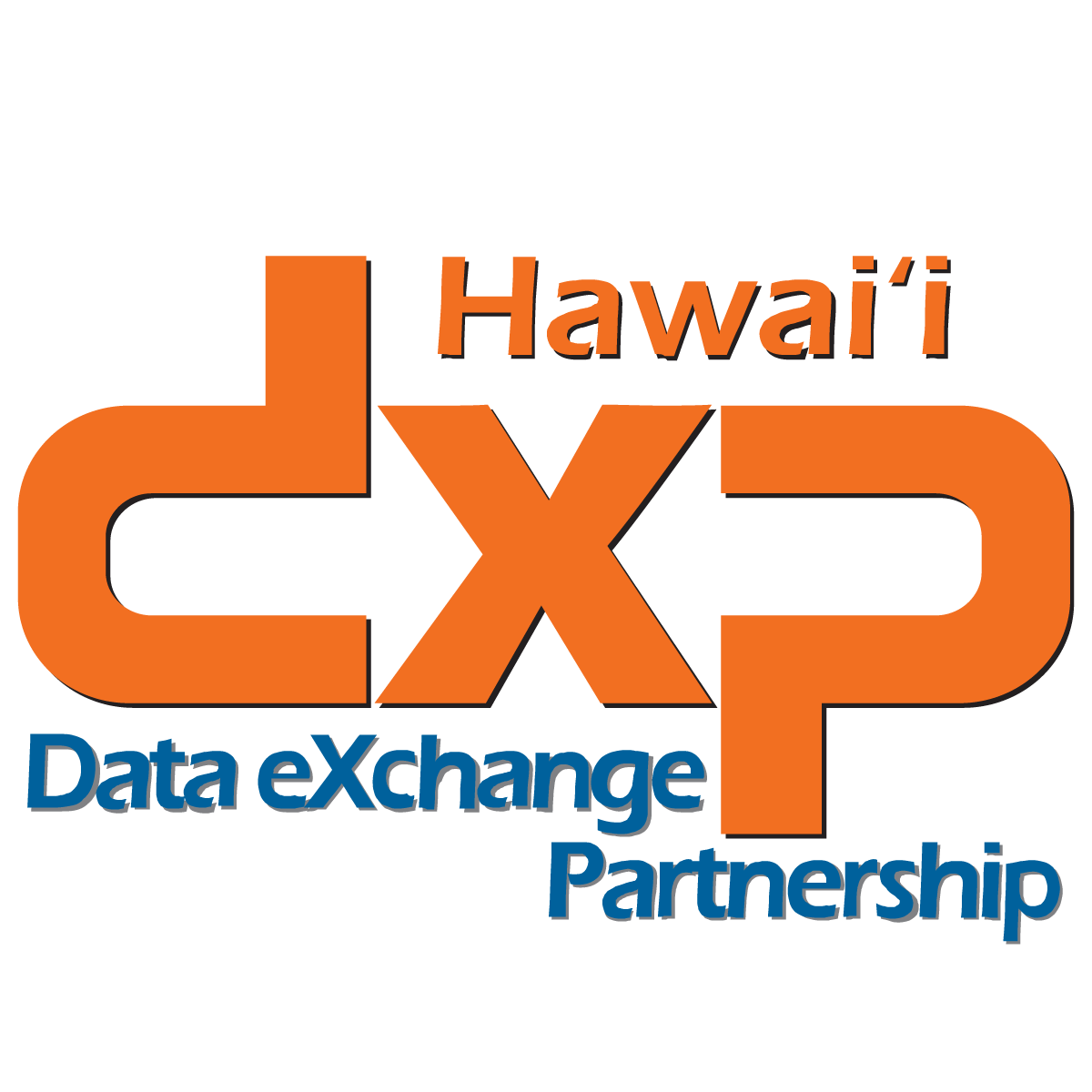Connecting for Success (CFS) is in the final year of a four-year initiative funded by the Hawai‘i Community Foundation and 14 donor partners. Through CFS, seven schools and community partners are serving students from grade six through eight, who they have identified through the Hawai‘i Early Warning System to be at risk for very low levels of academic achievement and dropping out of school. The initiative includes a strong focus on data use by school staff to identify the most at-risk students, intervene and support them, and track their progress. The evaluation is using Hawai‘i State Department of Education (HIDOE) student data, iResult intervention tracking, and a student survey to examine student outcomes.
This presentation will focus on the student outcome data analyzed to date and the use of multiple data sources by the schools to design and implement the initiative. The initiative and school staff will also share their lessons on increasing school data capacity and on the use of HIDOE data in a multiyear evaluation.
Presenters:
- Tom Kelly – Vice-President of Knowledge, Evaluation and Learning, HCF
- Elizabeth Garrison – Hawai’i P-20 Partnerships for Education
- Shana Brown – Rtl Coordinator/CFS Grant Coordinator, Waimea Canyon MS
Presentation: Using Data to Reduce the Number of At-risk Students in Middle Schools (PDF, 2.4 MB)

